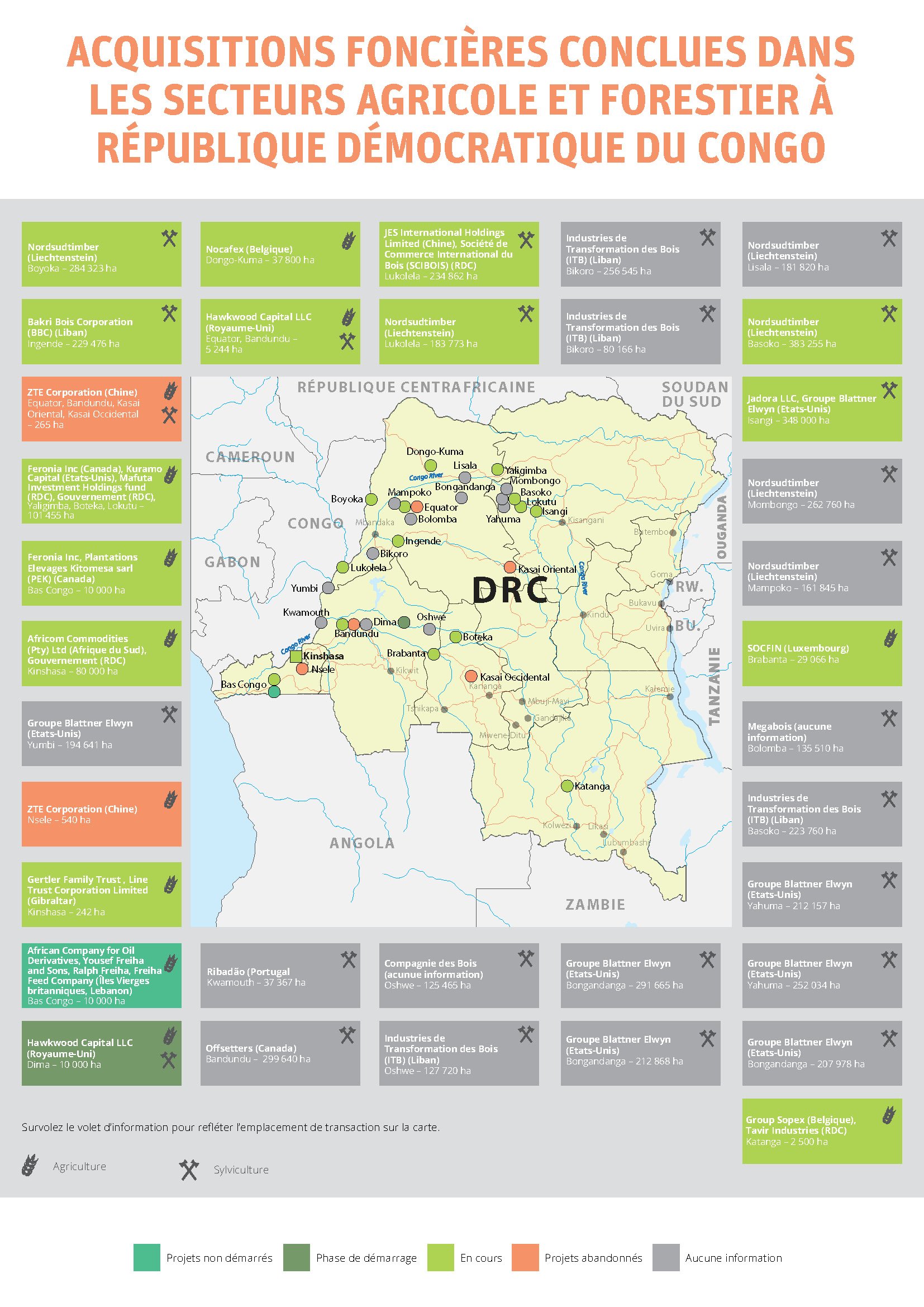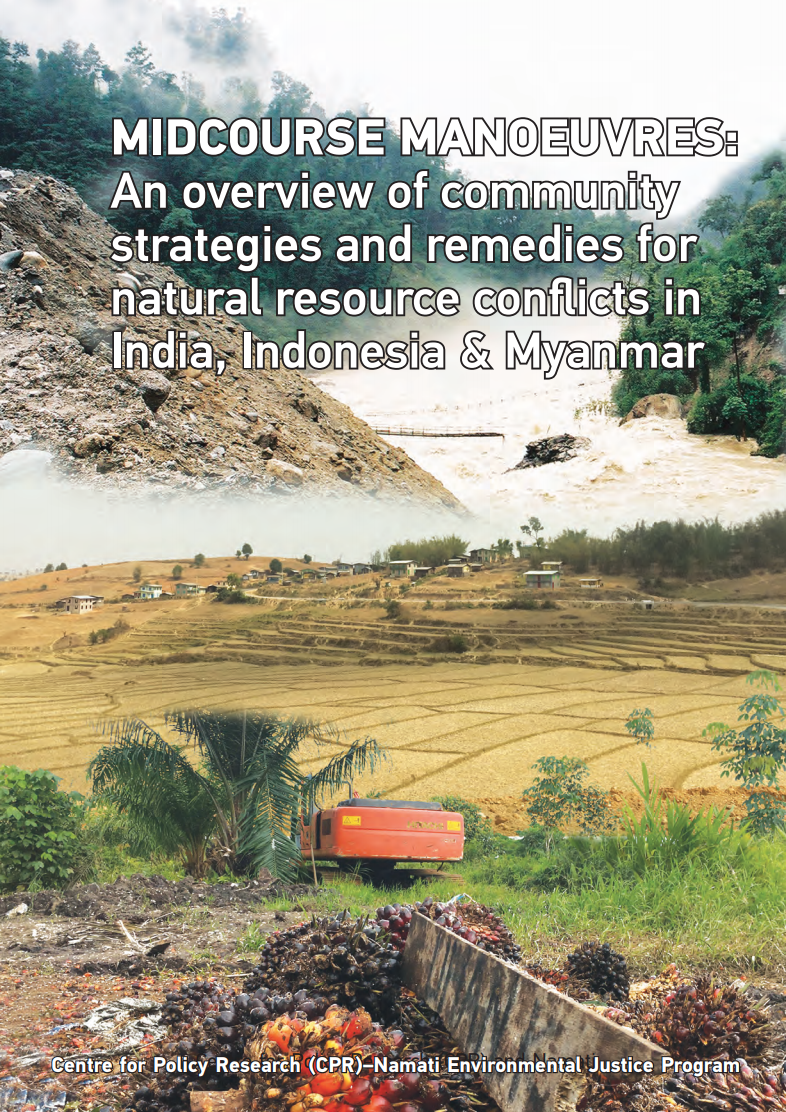Save our Mountain Save our Future -- an update from Burma’s largest iron mine
Pinpet Mountain under imminent threat
as iron project speeds ahead....
"Excavation of Burma’s second largest iron deposit located
in southern Shan State is imminent as bulldozers begin
preparatory clearing on the iconic Pinpet Mountain, home
to 7,000 people. The 300 residents in Pang Ngo village are
in immediate danger from falling rocks and landslides as
machines uproot trees, clear brush and remove top soil on
the west side of the mountain. Farm fi elds at the foot of the
mountain may be covered with toxic waste soils once the




